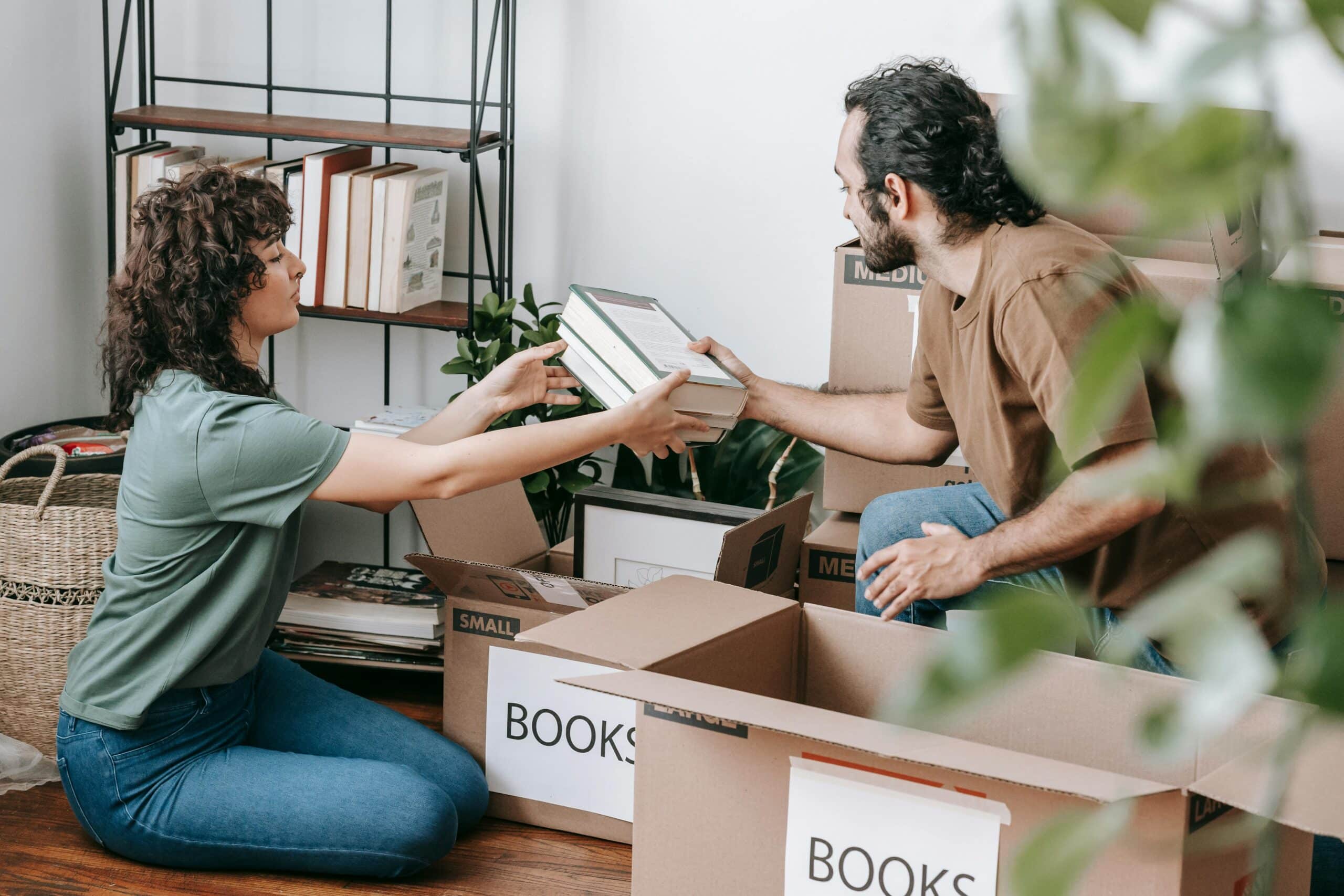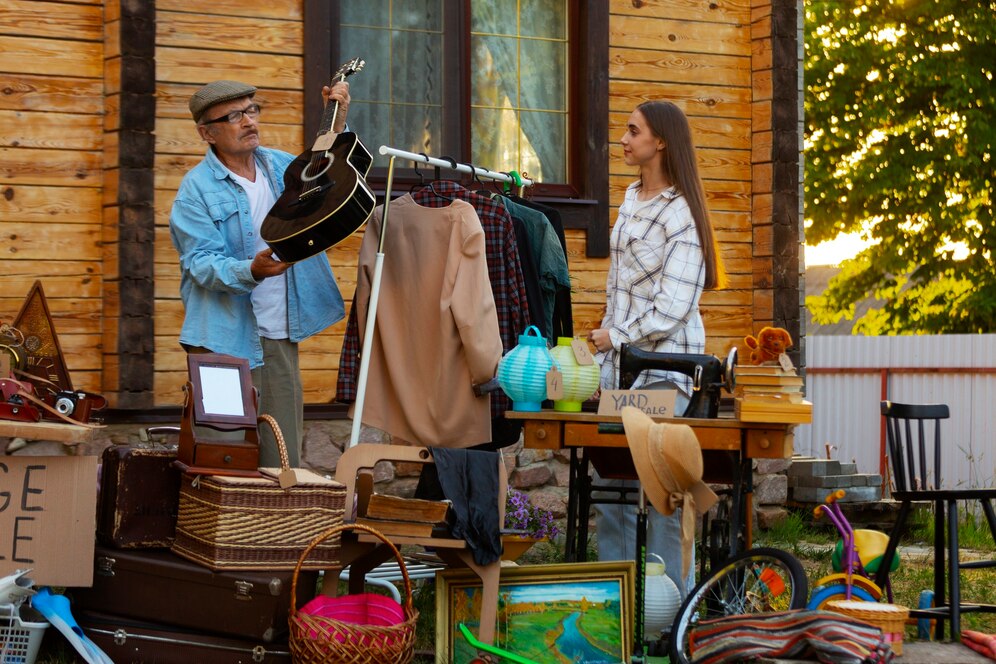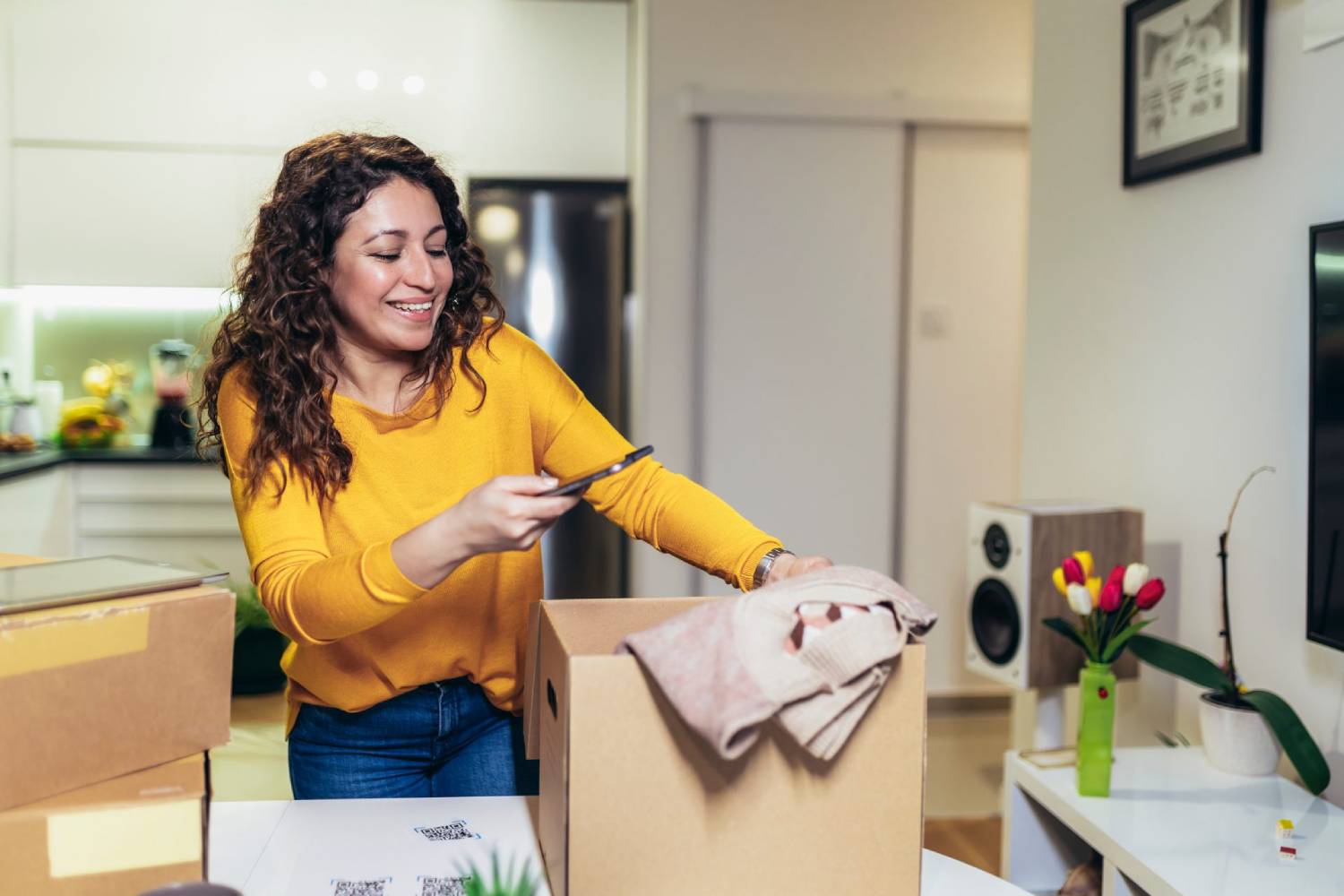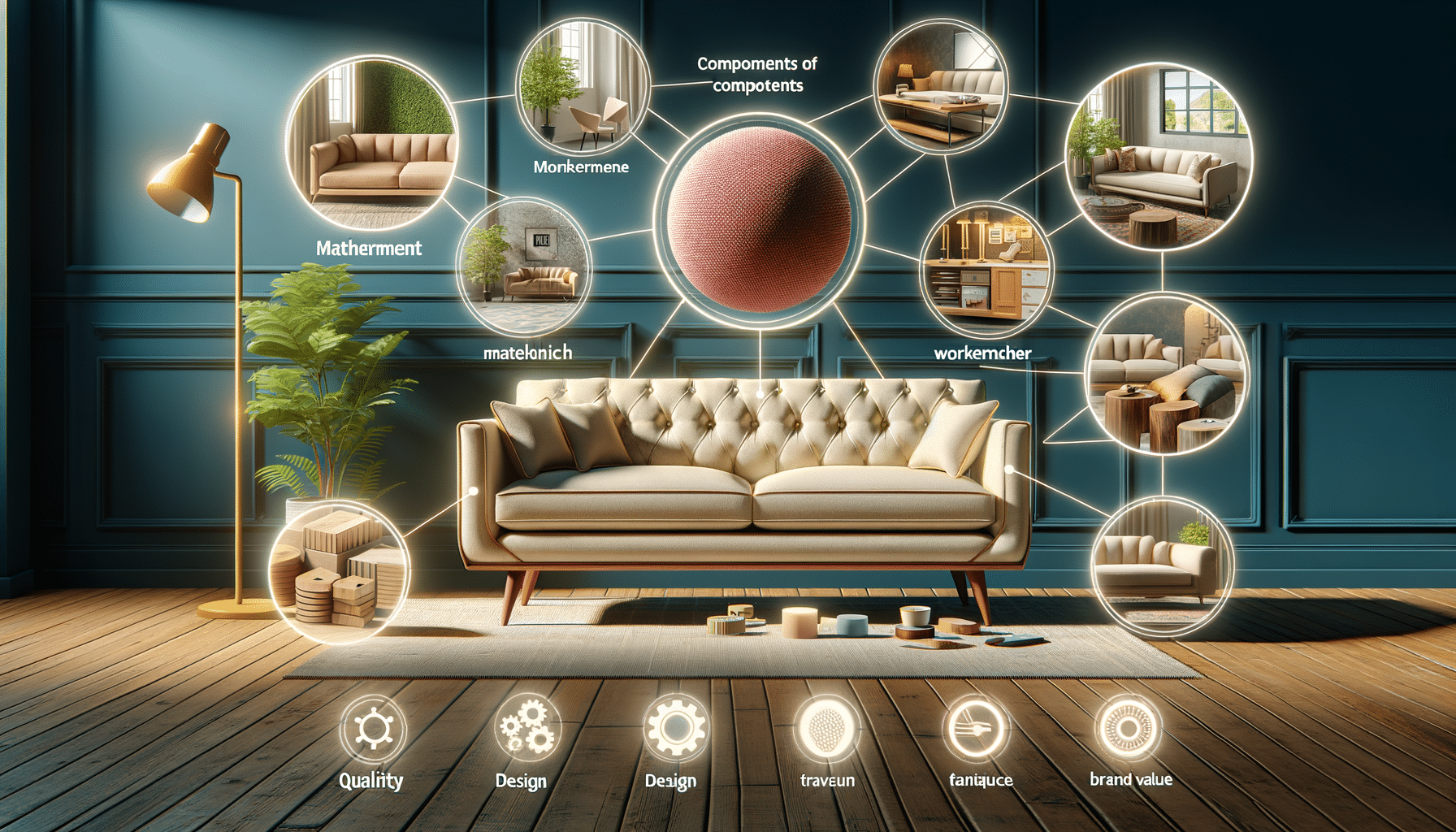
Decluttering & Selling: Turning Unused Items into Cash
In today’s fast-paced world, consumerism often takes centre stage. The art of decluttering has become more than just a trend; it’s a necessity. Many of us find ourselves surrounded by items we no longer use or need, and these items often accumulate dust in our homes. However, there’s a silver lining. Decluttering helps create a more organised and serene living space. It also presents an opportunity to earn some extra cash. This blog post explores second-hand selling. It offers simple resale tips and helps you turn unused items into cash.
Why Decluttering Matters
Decluttering is more than just tidying up; it’s about creating a space that reflects your lifestyle and values. A clean space can boost your mood, lower stress, and help you work better. When you clear out unnecessary items, you make room for the things that truly matter. Moreover, the act of decluttering can be cathartic, offering a sense of accomplishment and control.
In the UK, where space can often be at a premium, making the most of your living area is crucial. A minimalist approach enhances your home and supports a sustainable lifestyle. It helps reduce waste and promotes recycling through resale.
The Psychological Benefits of Decluttering
Decluttering is not just a physical process but a psychological one as well. Studies suggest that living in a cluttered space can increase stress levels and hinder focus. The process of decluttering helps create mental clarity, reduces anxiety, and provides a sense of order and control over one’s life. Removing excess cuts out visual distractions. This creates a more peaceful and productive environment.
The Benefits of Second-Hand Selling

The second-hand market is thriving. More people are aware of sustainability and the harm of consumerism to the environment. Selling unused items not only helps you declutter but also allows you to participate in the circular economy. Here are some key benefits of second-hand selling:
Financial Gain
One of the most immediate benefits of selling your unused items is the potential for financial gain. Whether it’s clothes, electronics, furniture, or books, almost anything can find a new home. The extra cash can be used for savings, paying off debts, or funding experiences that bring joy and fulfilment.
Environmental Impact
Selling second-hand items helps cut down the demand for new products. This, in turn, lowers the carbon footprint from making and shipping those goods. This eco-friendly practice supports sustainability and helps combat the growing issue of waste. Every item sold and reused means one less item in landfills, helping to conserve resources and reduce pollution.
Community Building
Engaging in second-hand selling can also foster a sense of community. Platforms like eBay, Gumtree, and Facebook Marketplace help you find buyers for your used items. This interaction can lead to new friendships and a supportive network of like-minded individuals.
Step-by-Step Guide to Decluttering and Selling

Now that we’ve explored the benefits, let’s dive into a practical guide on how to effectively declutter and sell your unused items.
Step 1: Assess Your Belongings
Begin by taking a comprehensive inventory of your possessions. Go room by room and categorise items into those you use regularly, those you haven’t used in the past year, and those with sentimental value. Be honest with yourself about what truly adds value to your life. A good rule of thumb is: if you haven’t used it in the last 12 months, you probably don’t need it.
Step 2: Organise and Sort
Once you’ve assessed your belongings, organise them into three piles: keep, donate, and sell. Items that are in good condition but no longer serve a purpose should go into the “sell” pile. Remember, the goal is to create a more functional and enjoyable living space.
If you struggle to decide, ask yourself:
- Does this item serve a purpose or bring me joy?
- Would I buy this item again today?
- If I let go of this item, would I miss it?
Step 3: Research and Price
Before listing your items for sale, research their current market value. Check similar listings on second-hand platforms to gauge what buyers are willing to pay. Pricing your items competitively increases the likelihood of a quick sale. Be realistic—overpricing can deter buyers while underpricing may leave you feeling short-changed.
Step 4: Choose the Right Platform
Selecting the right platform is crucial to a successful sale. Different platforms cater to different types of items:
- eBay – Great for electronics, collectables, and branded clothing.
- Depop & Vinted – Best for fashion and accessories.
- Gumtree & Facebook Marketplace – Ideal for furniture, appliances, and home goods.
- Car Boot Sales & Local Markets – Perfect for quick cash sales and clearing large amounts of items.
Step 5: Create Compelling Listings
When creating your listings, take clear, high-quality photos from multiple angles. Write detailed descriptions, highlighting any unique features or flaws. Be honest and transparent to build trust with potential buyers. A well-written listing should include:
- A catchy title (e.g., “Vintage Leather Jacket – Excellent Condition, Size M”)
- A clear description (brand, condition, measurements, any defects)
- Competitive Pricing
- Delivery/pick-up options
Step 6: Engage with Buyers
Once your listings are live, be responsive to inquiries. Prompt communication and a friendly attitude can make a significant difference in closing a sale. Be prepared to negotiate, but know your bottom line to ensure a fair transaction. Quick responses and courteous interactions can build credibility and encourage repeat buyers.
Step 7: Finalise the Sale
After agreeing on a price, arrange for a safe and convenient exchange. For online sales, ensure secure payment methods are used. After the transaction, check in with the buyer. Make sure they are happy and ask for positive feedback. Good reviews can enhance your credibility as a seller, making future transactions smoother.
Expert Tips for Successful Minimalist Resale

To maximise your decluttering and selling efforts, consider these expert tips:
Timing is Key
Consider the timing of your sales. Seasonal items, such as winter coats or garden furniture, tend to sell better during the appropriate season. Additionally, listing items during weekends or holidays can increase visibility and interest.
Bundle Items
For smaller or less valuable items, consider bundling them together. Buyers may be more inclined to purchase a set of items at a slightly higher price than buying individually.
Leverage Social Media
Utilise social media to extend your reach. Share your listings on personal profiles or relevant groups to attract a wider audience. Engaging content, such as before-and-after photos, can capture attention and drive interest.
Avoid Common Mistakes
Be wary of common pitfalls, such as overpricing, poor-quality photos, or incomplete descriptions. These can deter potential buyers and prolong the selling process. Always strive for professionalism and clarity in your listings.
Declutter, Sell, and Simplify Your Life
Selling unused items and decluttering can bring you both money and a sense of satisfaction. You can change your home and help the planet by being minimalist and selling second-hand items. The path to a clutter-free home is personal. Each step brings you closer to a more intentional and fulfilling life.
So, why not start today? Take the first step towards decluttering and discover the joy of turning unused items into cash. Your home, wallet, and the planet will thank you.


